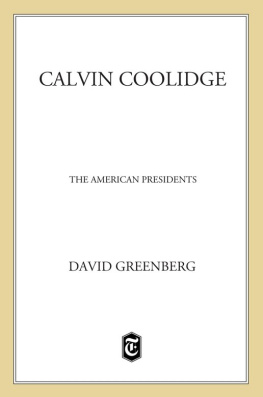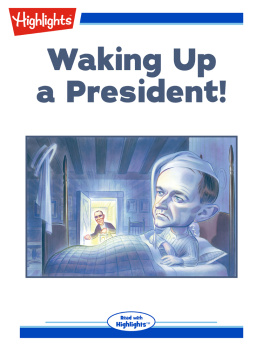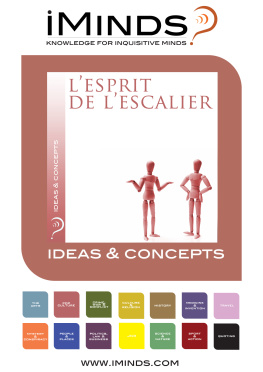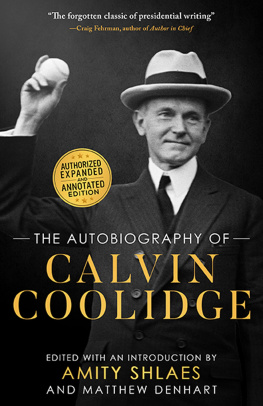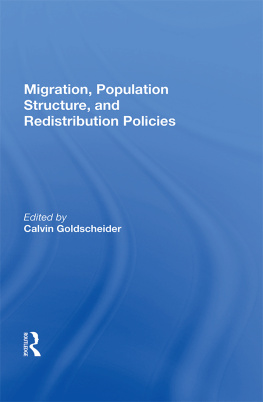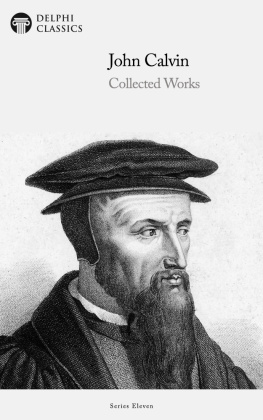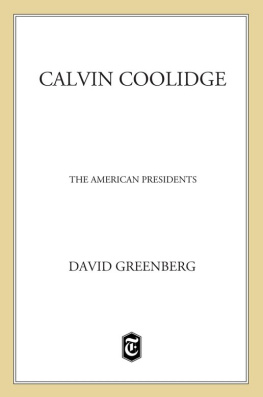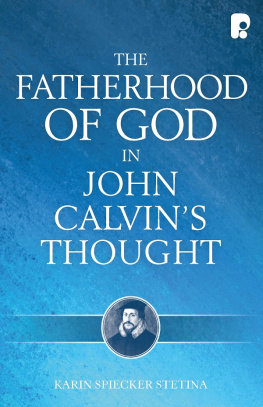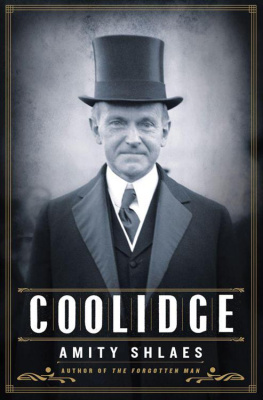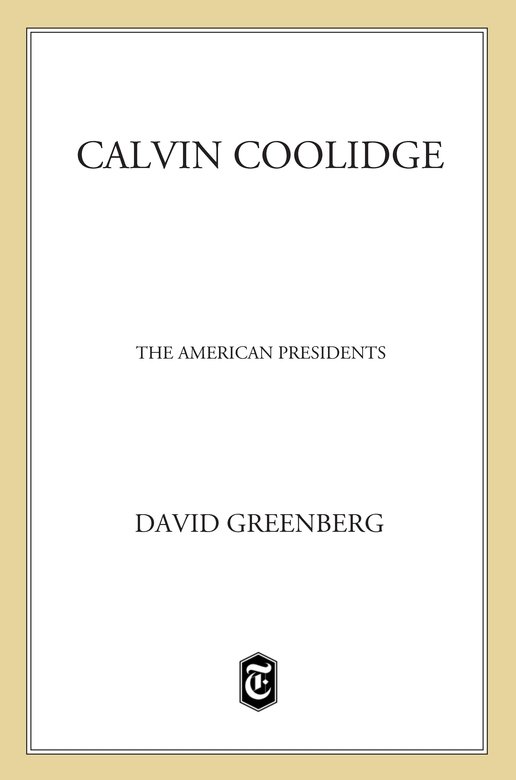New York Times, January 22, 1981, p. B8.
Alice Roosevelt Longworth, Crowded Hours (New York: Charles Scribners Sons, 1933), p. 337; H. L. Mencken, On Politics: A Carnival of Buncombe (Baltimore: Johns Hopkins University Press, 1996 [1956]), pp. 12324; Nathanael West, A Cool Million, in Novels and Other Writings (New York: Library of America, 1997), pp. 127238. The line about the pickle is often attributed to Longworth, but she wrote that she heard it from her doctor, who heard it from his previous patient.
Ronald Reagan, An American Life (New York: Simon & Schuster, 1990), pp. 244, 282 ; New York Times, July 16, 1985, p. A 11; Thomas B. Silver, Coolidge and the Historians (Durham, NC: Carolina Academic Press for the Claremont Institute, 1982); Kiron Skinner, Annelise Anderson, and Martin Anderson, eds., Reagan: A Life in Letters (New York: Free Press, 2003), p. 287. For an excellent discussion of Coolidges influence on Reagan, see Colleen Shogan, Coolidge and Reagan: The Rhetorical Influence of Silent Cal on the Great Communicator, Rhetoric & Public Affairs 9, no. 2 (Summer 2006), pp. 21534.
Jude Wanniski, The Way the World Works (Washington, DC: Regnery, 1998 [1978]), pp. 13132, passim; Robert Novak, CoolidgesLegacy, New England Journal of History 55, no. 1 (Fail 1998); Why I Wear What I Wear, GQ, June 1988, p. 74.
Washington Post, June 7, 1981, p. A3. See also Alan Brinkley, Calvin Reagan, New York Times, July 4, 1981, p. A19.
Novak, Coolidges Legacy, p. 13.
Calvin Coolidge, Our Heritage from Hamilton, address on the anniversary of the birth of Alexander Hamilton, presented at the Hamilton Club, Chicago, January 11, 1922, in The Price of Freedom: Speeches and Addresses (New York: Charles Scribners Sons, 1924), p. 112.
Calvin Coolidge, The Press Under a Free Government, address before the American Society of Newspaper Editors, January 17, 1925, in Foundations of the Republic: Speeches and Addresses (New York: Charles Scribners Sons, 1926), pp. 187, 190.
Lynd and Lynd quoted in Nathan Miller, New World Coming: The 1920s and the Making of Modern America (New York: Scribner, 2003), p. 172; Edmund Starling, Starling of the White House (New York: Simon & Schuster, 1946), p. 243.
On Barton, see Jackson Lears, From Salvation to Self-Realization: Advertising and the Therapeutic Roots of the Consumer Culture, 18801930, in The Culture of Consumption: Critical Essays in American History, 18801980, ed. Richard Wightman Fox and Jackson Lears (New York: Pantheon Books, 1983), p. 31. On Ford, see Steven Watts, The Peoples Tycoon: Henry Ford and the American Century (New York: Alfred A. Knopf, 2005).
Fitzgerald quoted in Jay Parini, introduction to F. Scott Fitzgerald, The Beautiful and the Damned (New York: Penguin Putnam, 1998), p. ix.
Walter Lippmann, Men of Destiny (New York: Macmillan, 1927), p. 17.
Walter Lippmann, Liberty, and the News (New York: Harcourt, Brace and Howe, 1920), pp. 5556; C. Bascom Slemp, The Mind of the President: As Revealed by Himself in His Own Words (Garden City, NY: Doubleday, Page & Co., 1926), p. 10; Charles Dawes, Notes as Vice President, 19281929 (Boston: Little, Brown, 1935), p. 30.
Coolidge quoted in Donald McCoy, Calvin Coolidge: The Quiet President (Newtown, CT: American Political Biography Press, 1998 [1967]), p. 55; McAdoo quoted in John Dean, Warren G. Harding (New York: Times Books, 2004), p. 73; figure of 520 in Elmer Cornwell,Coolidge and Presidential Leadership, Public Opinion Quarterly 21, no. 2 (Summer 1957), p. 272.
Arthur Fleser, A Rhetorical Study of the Speaking of Calvin Coolidge (Lewiston, NY: E. Mellen Press, 1990), p. 68. The Mencken quote is originally from American Mercury, March 3, 1929, p. 279.

